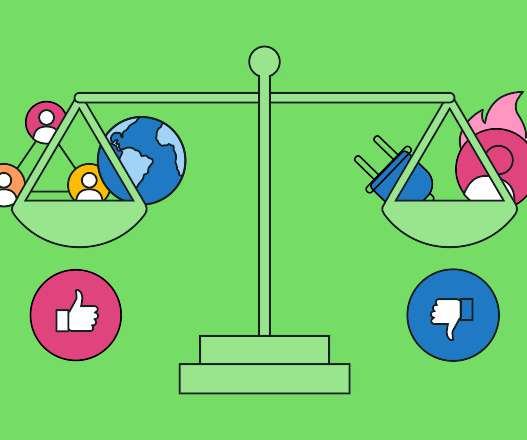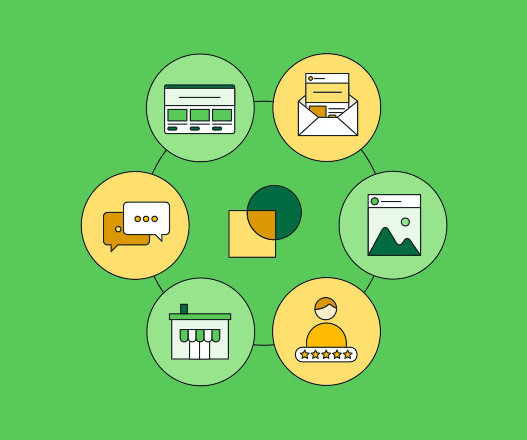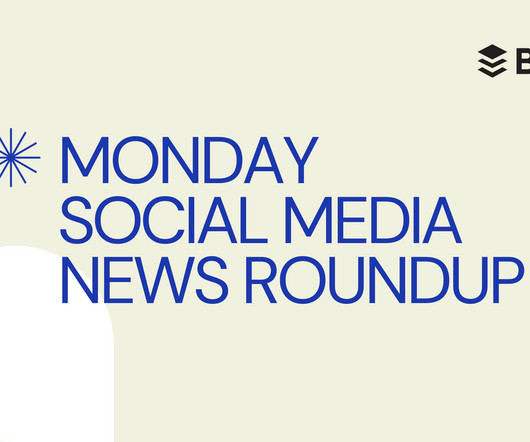Is Brand Engagement Over on Facebook?
Janet Fouts
DECEMBER 12, 2014
The news about Facebook lately has been pretty grim. Cost: We see Facebook ads with a typical CPE (Cost Per Engagement) of between $0.29 But cost per engagement is defined by Facebook as “The average cost per action related to your Page’s posts as a result of your ad.” The Wall St.


































Let's personalize your content